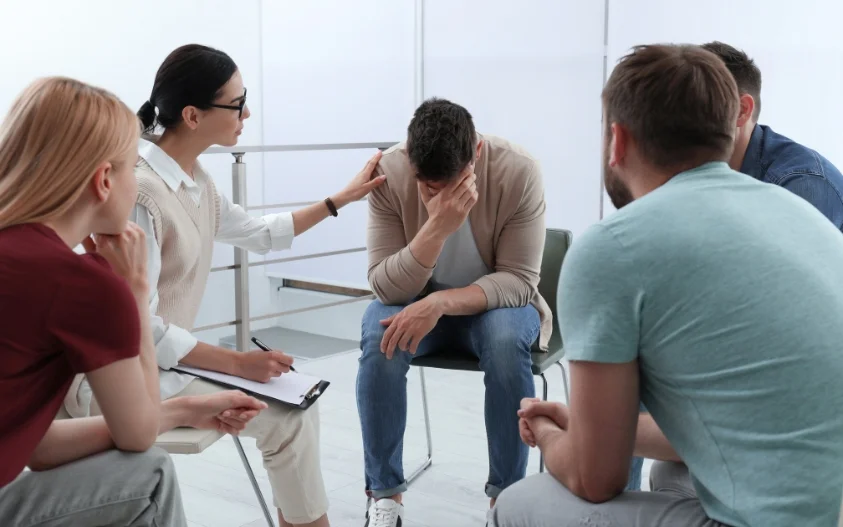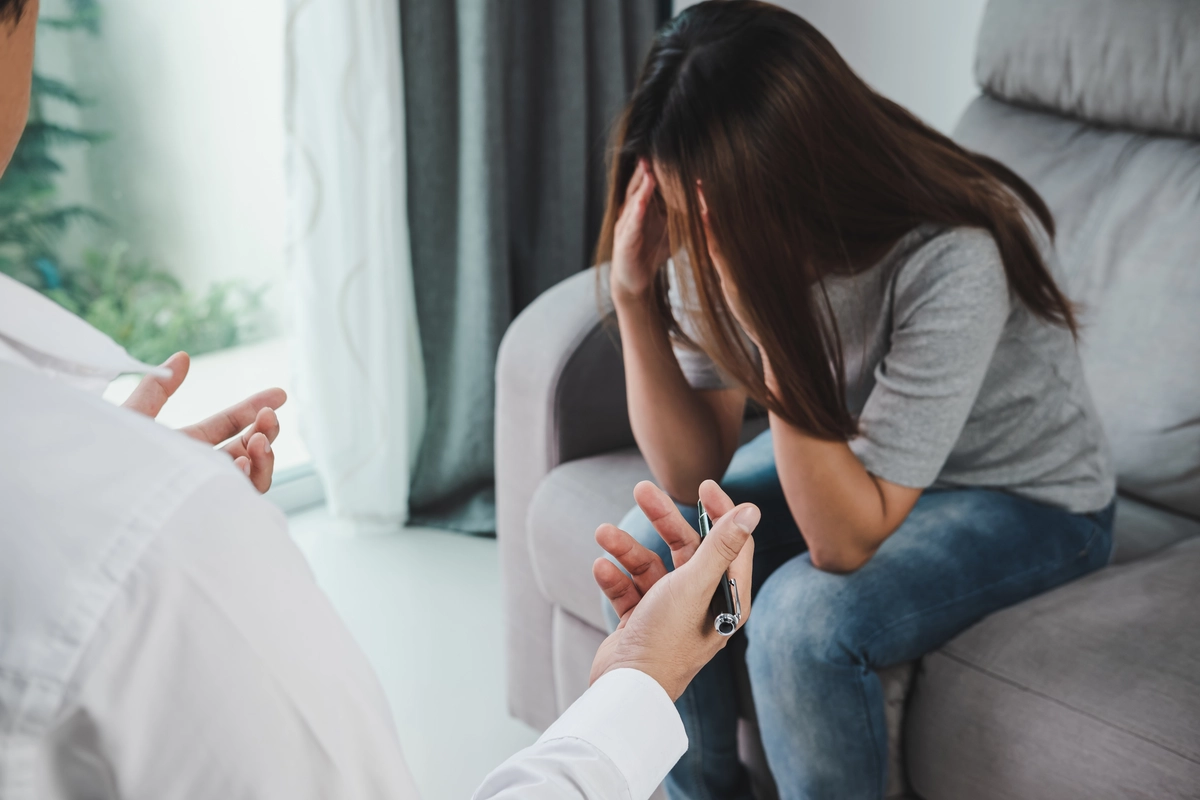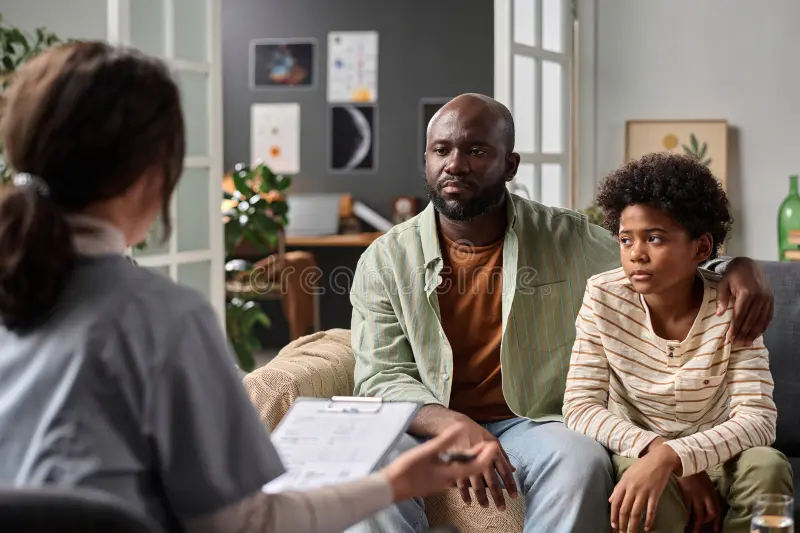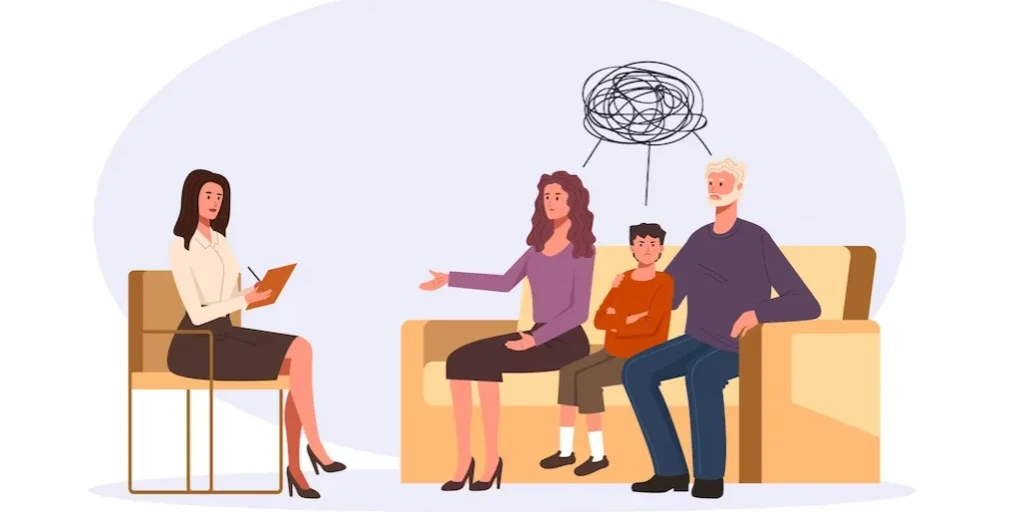24/7 Helpline:
(866) 899-111424/7 Helpline:
(866) 899-1114
Learn more about Bipolar Disorder Treatment centers in Tilleda
Bipolar Disorder Treatment in Other Cities































































Ho – Chunk Nation Alcohol and Drug
Ho – Chunk Nation Alcohol and Drug is a private rehab located in Wittenberg, Wisconsin. Ho – Chunk N...

Lutheran Family Counseling
Lutheran Family Counseling is a private rehab located in Shawano, Wisconsin. Lutheran Family Counsel...

LSS – Lutheran Social Services – Homme Youth and Family Programs
Lutheran Social Services (LSS) - Homme Youth and Family Programs is a residential treatment center s...


























































Other Insurance Options

Cigna

Multiplan

Coventry Health Care

WellCare Health Plans

Magellan

Meritain

ComPsych

Horizon Healthcare Service

Molina Healthcare

Magellan Health

Covered California

UMR

Sutter

Kaiser Permanente

Providence

PHCS Network

Evernorth

Absolute Total Care

Aetna

American Behavioral